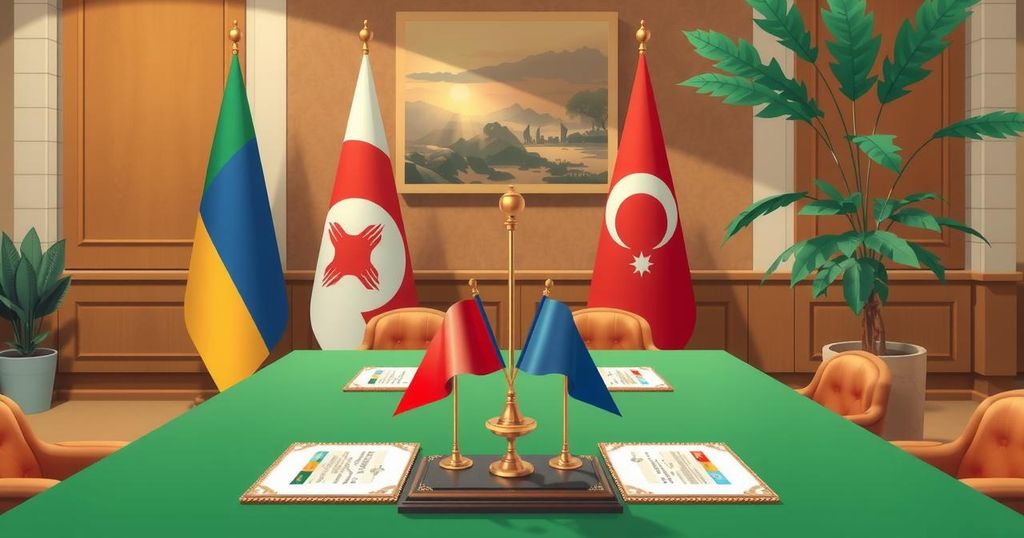Rwanda and DRC Sign Peace Deal Amidst Ongoing Concerns

- Rwanda and DRC sign peace deal with U.S. mediation
- President Trump claims victory in ending long conflict
- Human rights concerns persist around the new agreement
- Critics call for justice for those affected by violence
- U.S. companies to gain mineral rights in Congo
Debate Surrounds U.S.-brokered Peace Deal
Rwanda and the Democratic Republic of the Congo (DRC) have recently signed a peace agreement that has been described as a significant step toward ending a long-standing conflict. President Trump has touted this deal as a diplomatic victory, claiming it also includes the provision of mineral rights for American companies. However, despite this optimistic outlook from U.S. officials, there are substantial concerns regarding the implementation of the peace deal given the conflict’s complex historical roots.
Historical Context of the Conflict
The ongoing war in Eastern Congo, which has resulted in immense suffering, is deeply intertwined with previous conflicts, notably the Rwandan genocide. Critics, including Congolese dignitaries, have expressed skepticism about the efficacy of this new peace deal. Secretary of State Marco Rubio noted that significant diplomatic efforts are still required and emphasized Qatar’s role in facilitating these discussions, highlighting the need for a more sustainable resolution in the region.
Calls for Justice and Economic Opportunities
While the peace deal is being hailed by some as a turning point, many observers point out that it lacks provisions for accountability toward those who have suffered the most during this protracted conflict. Denis Mukwege, a Congolese doctor recognized for his work with sexual violence victims, has criticized the agreement for not addressing justice for these individuals. As the situation continues to evolve, U.S. officials remain hopeful that this will bring about not just peace but also new business opportunities in the resource-rich region.
In summary, while a new peace deal has been signed between Rwanda and the DRC with U.S. backing, critical voices highlight the ongoing challenges, including an absence of justice for victims. The complexities of the conflict’s history remain a significant barrier. U.S. officials are optimistic, yet they acknowledge that sustained efforts are essential to achieve lasting peace and stability in the region.







